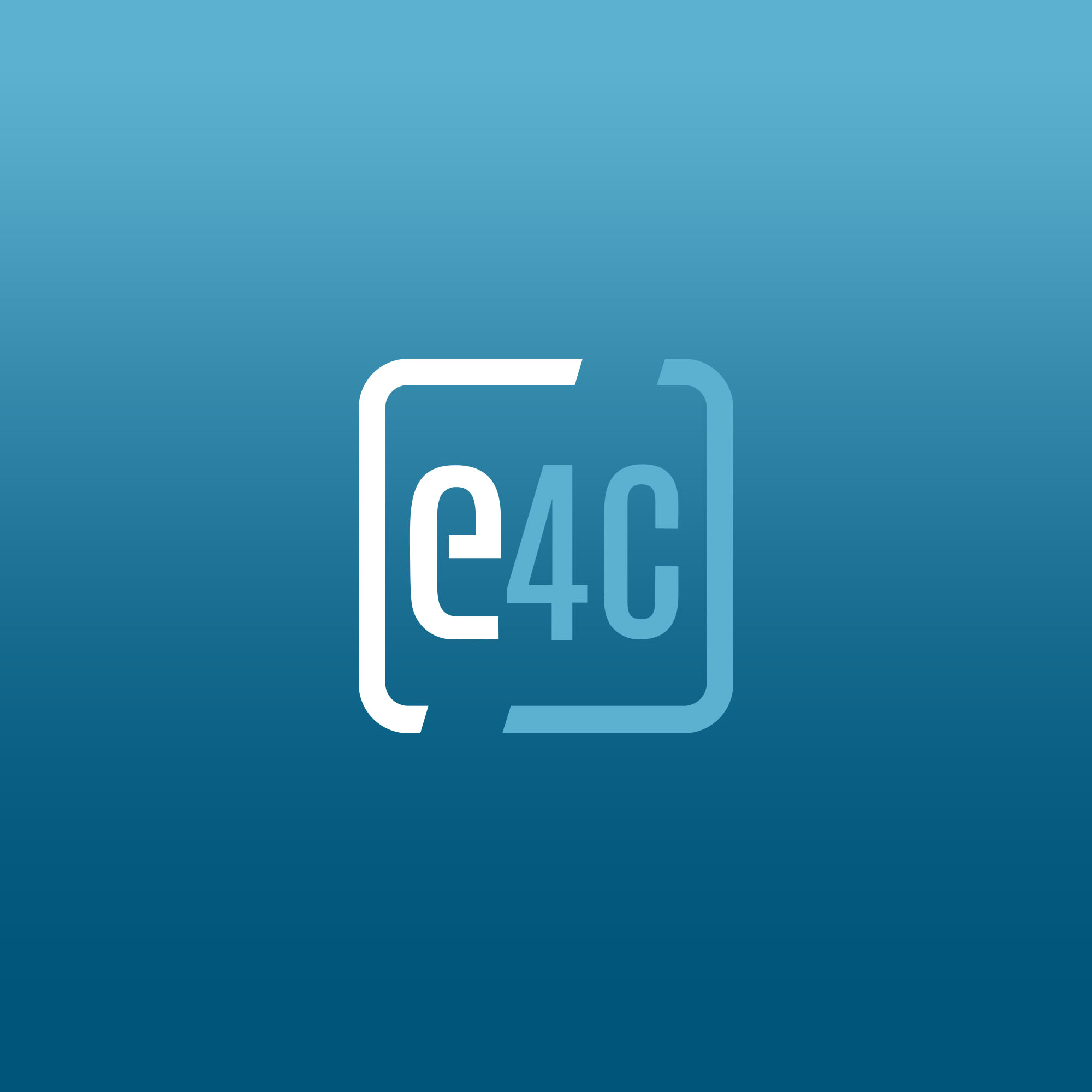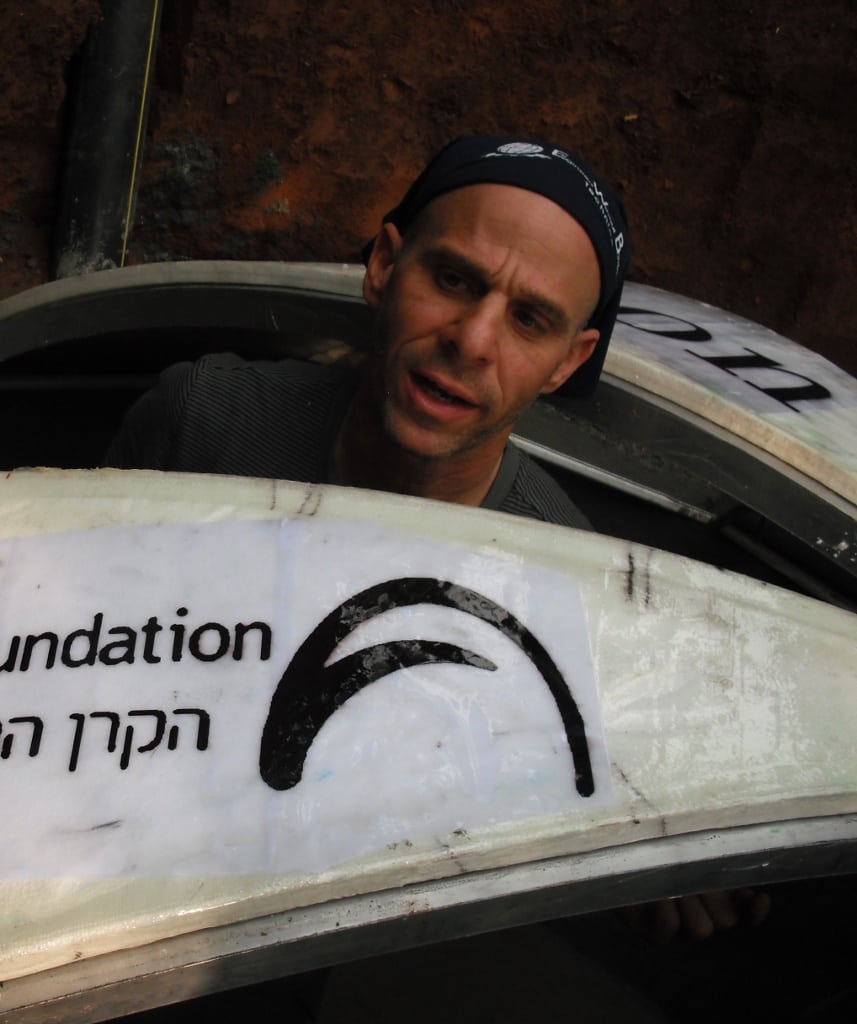In 2006 Jonathan Cedar and Alec Drummond partnered to amend two frustrations that backpackers in the woods are familiar with: gas-burning stoves and dead batteries. They developed a smokeless, fuel-efficient stove that burns wood and charges devices with a thermoelectric generator. Then they realized that the same technology placed in a bigger stove could make a big difference to cooks in developing countries. Smoke from open fires in millions of kitchens worldwide contributes to lung diseases and shortens lives. And a device charger can boost incomes and improve the quality of life in rural and off-grid communities.
Cedar and Drummond began selling the Biolite campstove to backpackers in the developed world and using some of the proceeds to seed distribution and sales of a bigger version of the stove in developing countries. Cedar calls the model “parallel innovation.” They incubate a technology that has applications in both developed and emerging markets. Large-scale market trials are underway now in Uganda, Ghana and India, where the HomeStoves sell for abou the same cost as a basic cellphone.
We asked Jonathan Cedar five questions.
If any entrepreneur knew how many hours it would take to reach their targets I’m sure we’d all still be at day jobs
E4C: Is “charity” a bad word? And what’s the advantage that you see in a market-based sales model?
JC: Charity is great for getting things off the ground. But fixing the health crisis created by indoor air pollution requires putting advanced stoves in 500 million homes. If we knew of a charity that large, we’d certainly be speaking with them. But that’s only half of it. We also need people to adopt this new technology into their daily lives for it to have an impact, and that means people need to value the benefits our products can deliver. If you can create a product that people both want and are willing to pay for, the pace of adoption can be astronomical. Just look at the proliferation of cellphones in these same markets for proof.
E4C: From the time the Biolite stove was still just a thought up to now, what mistake have you made that was particularly instructive? And what did you learn from it?
JC: I think our toughest mistakes have been underestimating how much work, and how many hands, would be necessary to see our products reach their respective markets. But then again, if any entrepreneur knew how many hours it would take to reach their targets I’m sure we’d all still be at day jobs.

The Biolite HomeStove. Photo courtesy of Biolite
E4C: Ten years from now, how will Biolite’s technology have changed?
JC: BioLite is an energy company that seeks to serve the consumer power needs of off-grid communities around the world. While we’ve developed a deep expertise in both solid fuels combustion as well as thermoelectrics, we are careful to remain technology agnostic. Our greatest value is in the team we have assembled and their collective ability to tackle tough problems. Over the coming years you can expect a broader range of power technologies aimed at serving a wide set of both developed and emerging market consumer energy needs.
E4C: And at that same time, 10 years from now, what impact would you like to see your stoves making on communities in developing countries?
JC: In 10 years we hope to see millions of homes across India and Sub-Saharan Africa living with safer indoor air quality, which could save as many as 4 million lives per year. I also hope that, with time saved by collecting less wood, the electricity for lighting and communication, and improved overall health, our customers will be empowered to apply their own ingenuity to improve the world in ways we can’t even begin to predict today.
E4C: When did it first hit you that you’re in the right line of work?
JC: I think I knew we were on the right track when, during our first demonstration in India, one of the women asked me “where did you put the smoke?”

